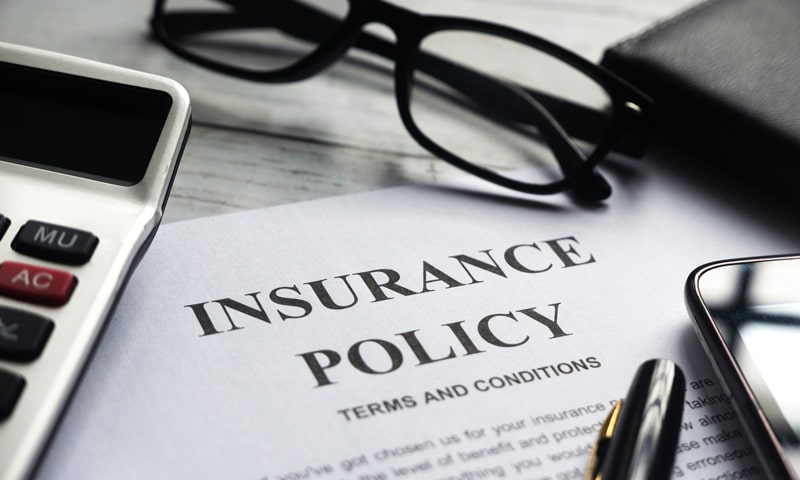Many Americans are dangerously underinsured. Homeowners and drivers have policies because they are required to by law, but there are a number of other areas of insurance coverage which are often overlooked. This is particularly true with estate planning – insurance can be inadequately addressed, or entirely left out, in the midst of making a Will or creating a Living Trust. Each of the below insurance types may have an important role to play in protecting your assets and your estate from current and future risks.
Life insurance: This is one of the best ways to protect your family’s inheritance. If you have children, consider this essential. A policy on one’s life can be surprisingly inexpensive, with many employers and banks or credit unions offering discounted rates. And, considering the large amount of coverage available, life insurance can be a true bargain. An added benefit of such a policy is that it is a non-probate asset – meaning that it is paid directly to your survivors, without the need to go to court.
Renter’s insurance: If you are not a homeowner, your personal property may be at risk. A lot of renters assume that their landlord’s liability policy also covers the renter’s possessions. Unfortunately, if your belongings are lost, stolen, or damaged, you are generally out of luck. Renter’s policies are typically inexpensive and can provide peace of mind.
Insurance for specific items: Be it a movie star’s legs or a rare old guitar, unusual or highly valuable items may deserve their own separate policy. Such items might not be replaceable, but a cash payout for their value can certainly soften the blow to your heirs or beneficiaries.
Health insurance: Although the Affordable Care Act has decreased the number of uninsured patients, there are still many who go without. The costs of major medical needs and hospitalizations can be especially devastating financially without high-quality coverage. An estate plan can be rendered useless if there is nothing in it to distribute!
Legal insurance: This type of plan is becoming more popular as of late. It is quite similar in many ways to traditional medical insurance – you hope you never need it, but you’re glad when it’s there. Some employers are even starting to offer this as an employment benefit. Take advantage of it if you can.
Finally, default amounts of coverage in your homeowner’s and auto policies are not necessarily adequate for your unique situation. It is worth taking a few minutes to review your coverage limits and exceptions. To ensure that an otherwise well-planned estate is not undermined by a lack of appropriate insurance, contact a qualified attorney or trusted financial advisor.





Leave A Comment